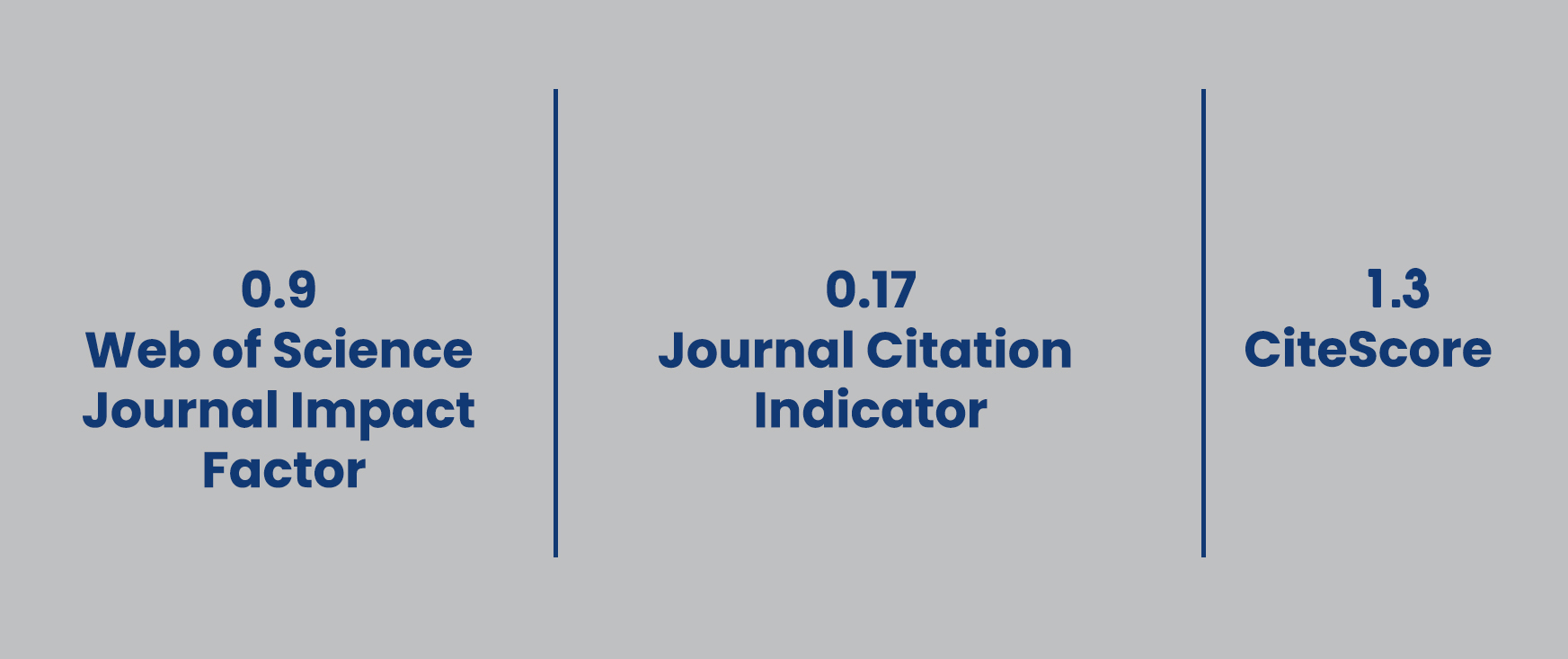

JEMS apply the Creative Commons Attribution NonCommercial 4.0 International Licence to all manuscripts to be published
Compromise Model as Support for Optimization in Maritime Passenger Traffic
Antonija Miura1, Damir Vukicvic2, Marko Gulic31University of Split Faculty of Maritime Studies, Split, Croatia2University of Split Faculty of Science, Split, Croatia
3University of Rijeka Faculty of Maritime Studies, Rijeka, Croatia
This paper contributes to the long-term sustainability of maritime passenger traffic by optimizing boat distribution. It is based on the assumption that environmental, economic, and social benefits can be achieved through a compromise approach in determining the optimal layout of boats in coastal passenger transportation. The aim of this research is to develop an improved model that optimizes the boat distribution, taking into account the energy consumption of the propulsion system, and strives for a balance between energy efficiency and maximum boat utilization. Discrete mathematics methods are applied to formulate an optimal connectivity model. The main contribution of this study lies in the extension of the existing model by including boat preferability as a factor, thereby achieving a compromise between two equally important objectives. The model was tested on a representative case study, demonstrating a reduction in propulsion energy consumption and improved boat comfort for passengers. The results confirm the need to improve the existing approach, leading to significant economic, environmental, and social benefits.
Keywords: Maritime passenger traffic, coastal passenger transport, model of boat layout, optimization, long-term sustainability, economic, environmental and social benefitsManuscript Language: English
(185 downloaded)










